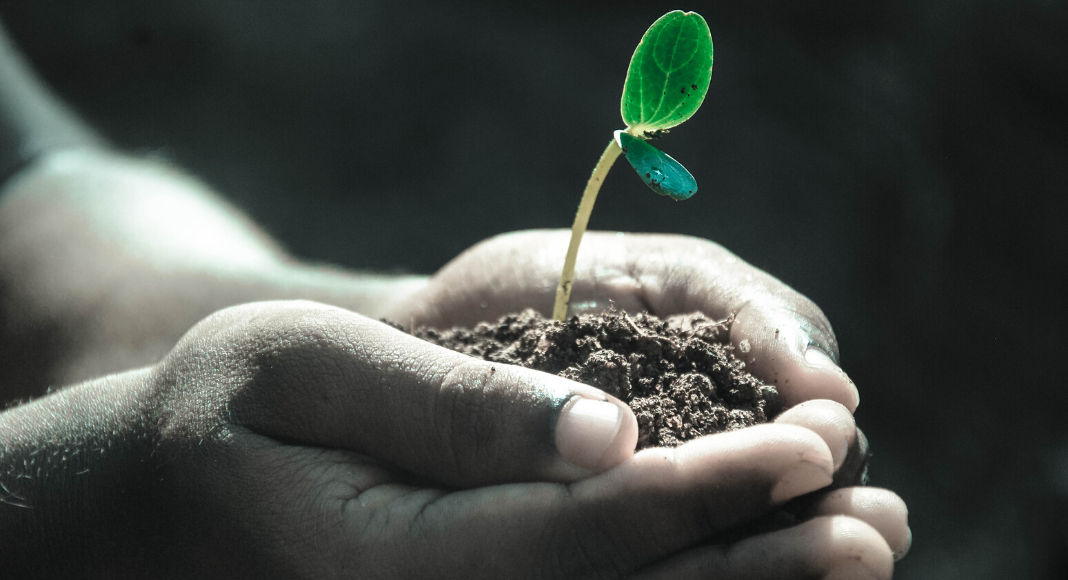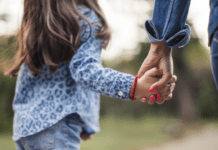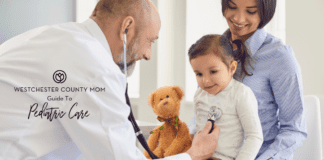
It was another age, and a different terror – September 11, 2001.
We were celebrating “Do the Right Thing Day,” launching our new character education approach at Schechter Westchester (now the Leffell School), where I was serving as a lower school principal. As part of a full day of activities focused on helping others, I stood watching our fifth graders help our kindergartners plant flowers on the campus grounds. As the sun shone down on our children, and we idealistically focused on ways of doing what is right, caring, and just, a colleague came up to me and whispered in my ear. A plane just crashed into the World Trade Center.
We wondered if our world would ever be the same. The paradox was painful. As we celebrated goodness and hope, our fellow New Yorkers were engulfed in terror. In the following days and months, our country, grieving and frightened, began celebrating the helpers as I had never seen before, and have not seen since. At least, not until now.
“Do the right thing!” became our mantra, and our character education approach blossomed. The enthusiasm for “Do the Right Thing,” our homegrown approach to character education, reflected a thirst in New York and throughout our country for ways to help during painful and frightening times.
Our efforts echoed back in history, modeled on the experiences in early childhood of individuals who, when they grew up, engaged in courageous acts of altruism. Our primary guides were the small percentage of people living in the Nazi-occupied portions of the world during WWII who tried to rescue Jews. When asked why they risked so much to help, the majority of Holocaust rescuers seemed almost confused by the question. “Don’t call us heroes,” many stated. “We had the opportunity to help, and so we helped. What else could we have possibly done?”
A number of dedicated researchers delved into the backgrounds of these extraordinary individuals and found hints of how they developed their remarkable character. A significant adult, typically but not always a parent, consistently expected and modeled a few core principles. While more complicated than this, two principles emerged as key to nurturing goodness, even courageous goodness. First, when someone needs help, be helpful. Second, embrace the assistance of others while also relying on your own strength to overcome adversity. Phrased differently, be helpful and be resilient.
In designing and implementing “Do the Right Thing,” my colleagues and I, of course, wanted our students to be helpful and resilient in the present. Yet, we had even greater aspirations. Striving to impact the future, we wanted to prepare our students to face challenges and adversities we knew we could not possibly imagine. Now, eighteen years later, that future for which we prepared, and those adversities which we could never have imagined, have arrived.
I now wonder. Did I succeed? Do the students I had the privilege to serve now have the strength of character and inner resources to face the adversity confronting them? While I am not certain, I have realized something about those years. There was an unplanned consequence, a gift I had not bargained on. I was not only preparing my students and my own children for the adversity I could not yet imagine. I was preparing myself.
Each day, I think about the exemplars of altruism who have always been my heroes. “Be helpful and be resilient,” I remind myself, calling upon the model of the brave and humble goodness of those who have long inspired me. Like them, the outcomes of our efforts are uncertain. Nothing is guaranteed. And yet, I take solace in knowing that, by focusing on character, I have prepared myself for the challenge.
Be helpful and resilient! Stay healthy and hopeful!




















